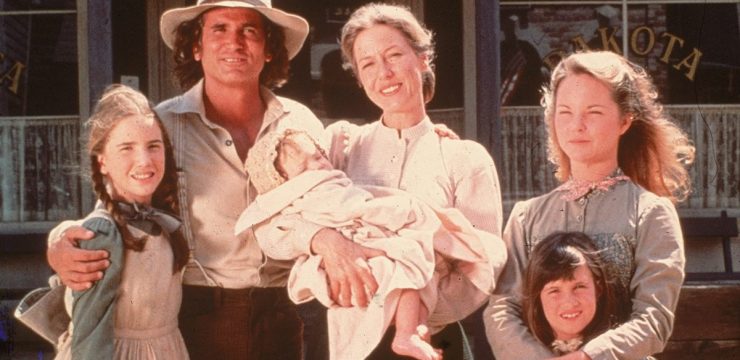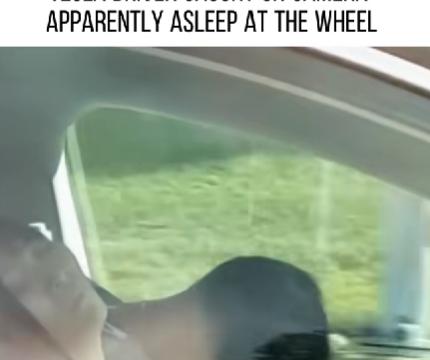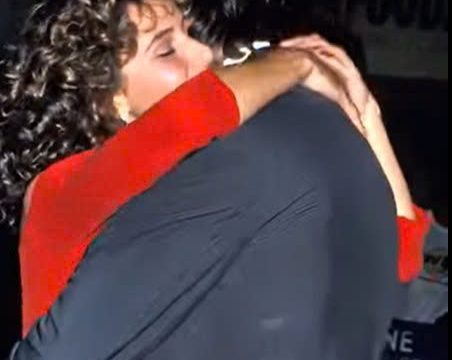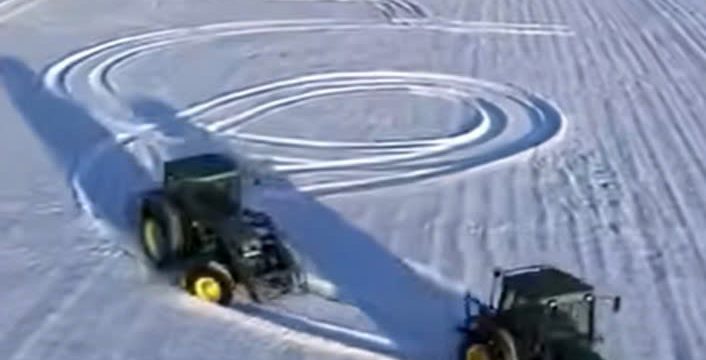At Grandma’s funeral, Grandpa didn’t say a word. He sat in the front row clutching her picture so tightly it looked like he might shatter if anyone tried to take it away. He nodded silently at every person who came up to offer condolences, giving off the feeling that if he dared speak or loosen his grip for even a second, he would completely fall apart. That first week after we said goodbye to her, our family tried everything we could think of to help him cope.

We brought him casseroles, warm meals, and pies, offered to stay over so he wouldn’t be alone at night, and even suggested taking him out for walks to get some fresh air. But every time, he gave the same answer with a weary smile: “I’m alright, kiddo.” He said it so often that it became his shield, a way to keep everyone at a distance while he held himself together by a thread. We worried, of course. Grandpa and Grandma had been inseparable for more than fifty years, and now with her gone, he seemed like a man adrift, clinging to memories like lifeboats. We figured maybe he just needed time to find his footing again, but then one morning, we discovered he had vanished. His car was gone from the driveway, the house was locked up tight, and his phone sat abandoned on the kitchen counter. No note, no text message, no hint about where he might have gone.
Panic set in immediately. We called every hospital, every neighbor, every friend he might have turned to, but no one had seen or heard from him. It felt like he had disappeared into thin air. It wasn’t until my father found an old black-and-white photo tucked into one of Grandpa’s drawers that we finally had a clue. It showed a much younger Grandma and Grandpa, standing proudly in front of a small wooden cabin, the kind built by hand with sweat and stubbornness, framed by towering trees and a shimmering lake in the background. Dad remembered hearing stories when he was a kid about the cabin Grandpa had built out near Cedar Hollow, a place they once escaped to before life’s responsibilities pinned them down.
On a hunch, we packed up some supplies and drove out to the woods, following half-forgotten directions and gravel paths that seemed to stretch forever. After hours of searching, we finally found it—a small, weathered cabin hidden away from the world, with smoke curling lazily from its chimney and a worn truck parked outside. Grandpa was sitting on the front porch in an old rocking chair, his hands folded over his stomach, his eyes on the water glinting in the afternoon sun. When he saw us, he didn’t look surprised or guilty. He simply smiled a slow, tired smile and waved us over like he had been expecting us all along.
We sat with him for a while, letting the quiet settle around us. Eventually, he explained that he needed to be somewhere that still felt like her, a place where the air still carried her laughter and the walls still held her warmth. The cabin was built with their dreams, he said, a simpler time captured between those logs and floorboards. Here, he could feel close to her without having to face the empty spaces their home had become. He wasn’t running away, he insisted. He was just trying to heal in the only place that made sense to him anymore. We offered to take him home, but he shook his head gently and said he would come back when he was ready. Maybe he never would. So we left him there, checking in occasionally but mostly letting him find his peace in his own way. Seasons changed, the world spun forward, and Grandpa stayed in his little cabin by the lake, living quietly, surrounded by memories that didn’t hurt quite as much anymore. Sometimes the best thing you can do for someone grieving isn’t to pull them back into your world but to let them live for a while in theirs, where love and loss can sit side by side in the same rocking chair, looking out over the water.





